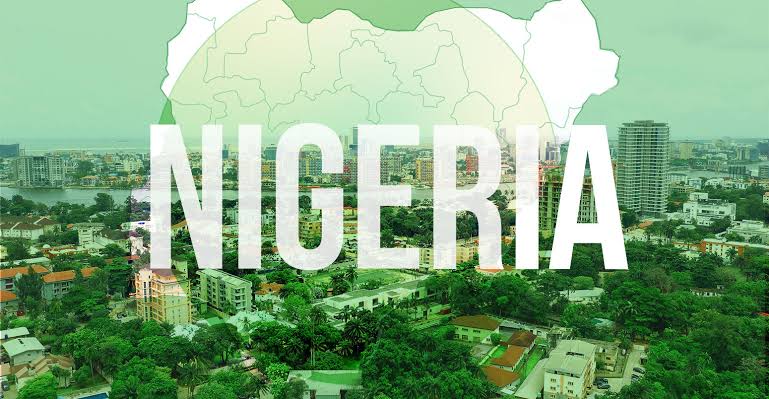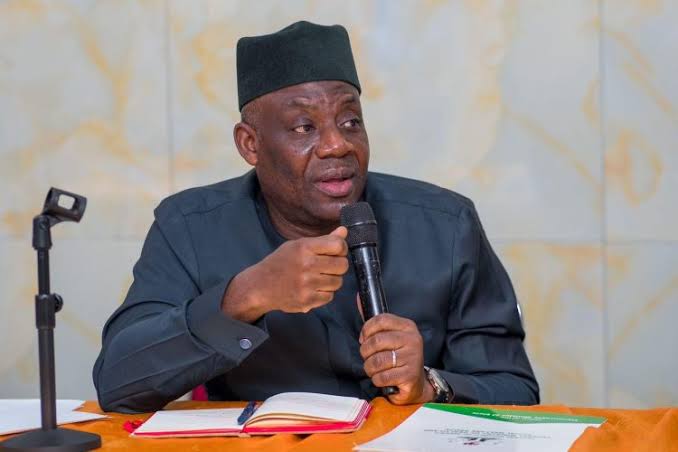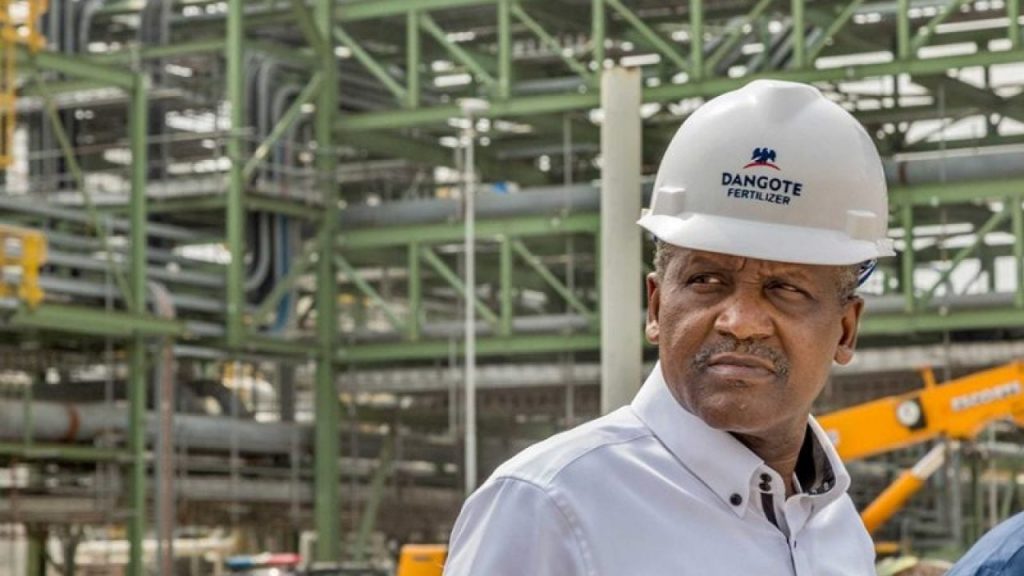The federal government has disclosed that Nigeria will need N350 trillion to execute its medium-term national development plan (2021-2025).
This was disclosed on Wednesday by Clem Agba, minister of state for finance, budget and national planning at a media briefing ahead of the 27th Nigerian Economic Summit billed to commence on October 25.
According to Agba, N300 trillion is expected to come from the private sector, while the remaining N50 trillion will come from the government.
“The funding requirement for the National Development Plan for 2021-2025 and the projects that have been projected is about N350 trillion and of this, N300 trillion is expected to flow in from the organised private sector in terms of investment,” he said.
“And the government will be contributing about N50 trillion. The government here is federal and state. The portion of the federal government is about N30 trillion. For the state (sub-nationals), it is about N20 trillion.”
He explained that the government was working with the organised private sector to build infrastructure and give tax waivers to the private sector for their contributions.
Speaking on the forthcoming NES#27, Agba said the two-day summit with the theme, ‘Securing the Future: The Fierce Urgency of Now’ would provide a veritable platform for effective partnership and cooperation between the public and private sectors to chart the course for a stable and productive economy.
He recalled that the 26th summit conclusions and recommendations had been forwarded to the federal executive council (FEC) and distributed to all federal ministries, departments and agencies (MDAs) for the implementation of relevant aspects of the summit recommendations.
Also speaking at the event, Asue Ighodalo, chairman of the Nigerian Economic Summit Group (NESG), said there is an urgent need for the country to tackle all of the issues stunting economic growth through public and private partnerships.
“Our country requires a major economic transformation. We possess extensive human and capital resources, but we have not effectively leveraged our resources to catalyze economic growth and development,” he said.
“Our environment remains unattractive to the levels of capital we require to bridge our deficits and infrastructure gaps.”
Ighodalo emphasised the need to prioritise youths in policies and programmes that will equip them for future opportunities.
“There is a need to prioritise investments in our youth by upskilling them for the jobs of the future and opening up the social and political space for them to become a positive force for national development,” he added.




